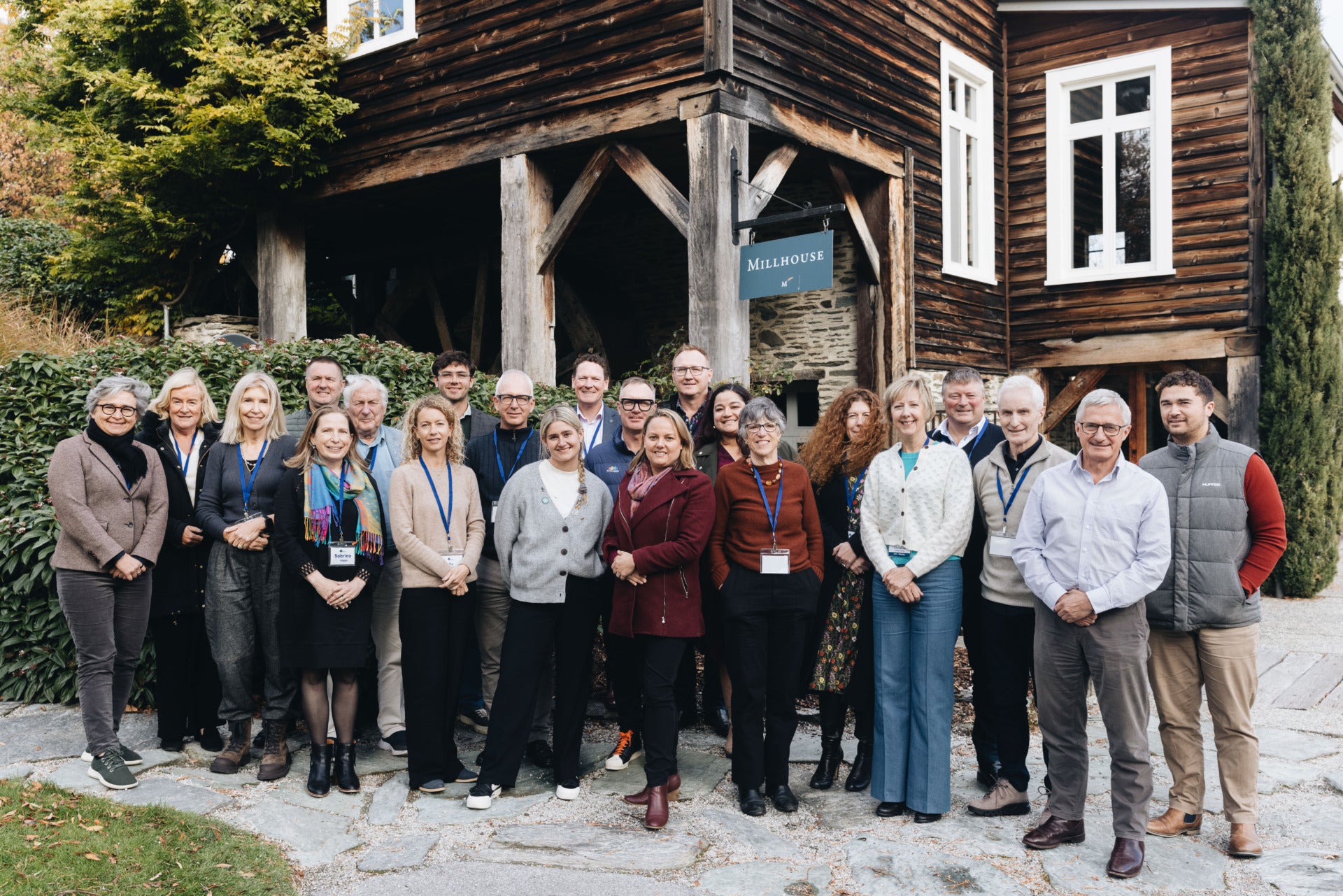There are few who would argue the US economy is equitable. Historically, entire communities—immigrants, people of color, women, and certain classes of businesses—have been excluded from financial services, access to capital, and even education. Even now, when most forms of economic discrimination are illegal, these same groups are excluded by the lack of convenient financial infrastructure, the digital divide, and the inertia of inequity.
As with every other aspect of modern society, the vast discrepancies of our financial system have been exposed by the pandemic. How can we—government, financial institutions, technologists, and community organizations—make sure everyone is included in a bold rethinking of our economy?
Aspen Ideas RE$ET, an interactive virtual event convened February 22 and 23, dedicated multiple discussions to how to change our financial systems to support greater access, inclusion, and equity. One session—focused on COVID’s exposure of existing inequities, and the government’s role in developing a national strategy for inclusion—brought together former White House economic advisor Adrienne Harris, Grameen America CEO Andrea Jung, and Mastercard Vice Chairman Mike Froman, in a discussion hosted by Stephanie Flanders of Bloomberg News. The Mastercard Center for Inclusive Growth sponsored the conversation as part of the Global Inclusive Growth Partnership with the Aspen Institute.
At this time of great reckoning and great opportunity, the panelists offered a few key takeaways.
1. Inclusion is necessary, but it’s only the first step toward financial security.
Inclusion “is a necessary but not sufficient condition for [people] on the road to financial health—to really having the resilience they need, the savings, the insurance, being in a good position with their debt,” Harris said.
Even when they are nominally included, the systems to which historically excluded populations are connected are often much more expensive. “There are figures that show Black Americans pay 50 percent more on average than white Americans to get access to basic financial services,” Froman said. “And that can add up to be forty thousand dollars in fees over the course of their lifetime. Payday lenders, check cashers, expensive remittance providers—these are all ways that people might be included, but that doesn’t mean that they’re financially secure.”
2. We can bring people into the system with the right digital tools.
The economic shutdown caused by COVID affected some more than others, and the difference was at least partially digital.
“In some of the developing countries where so much money movement happens through microfinance, if there isn’t digital technology, the money movement came to a stop,” Jung said.
The US fared better, but we were far from perfect. Even in a country where almost everyone has a smartphone, the underlying digital infrastructure didn’t work efficiently, or equitably.
“On one hand, a lot of money got out the door in 2020 in the midst of COVID, and that was a very positive step,” Froman said. “On the other hand, there are millions of Americans who were eligible for the money and never got it because they weren’t on the IRS’s rolls or they weren’t in one program or another. Those people are still at risk of not getting paid now, and bringing those people into the system is critical.”
3. The pandemic has been a catalyst for inclusion.
“Necessity has been the mother of adoption,” Jung said. She pointed to society’s rapid shift to digital during the pandemic. In her organization, that meant female, black-owned businesses going from 24 percent online to 81 percent online in the course of a single year. Something as simple as a smartphone was enough to allow many entrepreneurs to retool, and now that they’ve become comfortable with technology, they are ready to use the same sorts of online financial tools that traditionally cater to larger businesses.
4. Financial literacy is an issue, but it’s not as problematic as we may think.
“Nobody understands money better than poor people,” Harris said. They have a keen awareness of the costs of both merchandise and time because they operate without a financial cushion. Even complicated lending arrangements—and the associated fine print—can be made comprehensible if they are presented properly. “Our experience has been it’s most valuable when it’s delivered in the context of a particular [financial] product, not just put out there as information,” Froman said.
“Typically what we do is we educate people in a vacuum,” Harris said. “Then at some point later hope that in their busy lives—with their multiple jobs and their kids and their aging parents—they will remember the pamphlet or the website they read and then make a good decision.” She believes the better approach is to “leverage technology to educate people in real-time, right as they’re making decisions, and use technology to humanize the decision and give them very personalized and customized advice, as opposed to the generalities that financial education is usually served up with.”
5. We need a coherent national strategy for financial inclusion.
Members of the panel noted growing interest on the Hill, led by Senator Coons, to support the creation of a new national commission on financial inclusion. Though its scope is not yet defined, it could at least send a powerful message about government priorities regarding financial inclusion and financial health as a cornerstone of economic recovery efforts. But it can certainly be more.
The goal, Froman said, should be “to have a coherent approach by the government that looks at modernizing benefits, giving [Community Development Financial Institutions] access to windows where they can clean up their balance sheets and get access to funding, and finding ways of digitalizing payments.” He believes all of that will give us the capability to deal with future crises.
It will also provide stability to more Americans right here and now.
Watch the entire discussion on the Aspen Ideas: RE$ET site.


